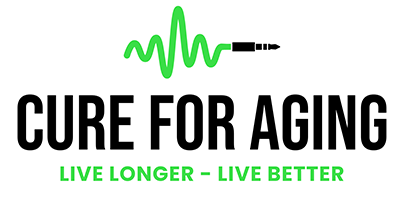Aging is a natural process that all living organisms go through. It is characterized by a gradual decline in physical and mental function, leading to increased susceptibility to diseases and ultimately, death. While there is currently no known cure for aging, there are several approaches that have been proposed and are being researched as potential ways to extend human lifespan and improve health in old age.
One approach to combating aging is through the use of antioxidants. Antioxidants are molecules that help to neutralize harmful substances called free radicals, which can damage cells and contribute to the aging process. Many foods, such as fruits and vegetables, contain antioxidants, and supplements are also available.
Another approach is to address specific age-related diseases and conditions. For example, research is being conducted on ways to prevent or treat age-related diseases such as Alzheimer’s and Parkinson’s, which can significantly impact quality of life in old age.
Caloric restriction is another approach that has shown promise in extending lifespan in some animal models. This involves reducing caloric intake while still getting adequate nutrition. It is thought that this may help to reduce oxidative stress and inflammation, which are thought to contribute to the aging process.
In addition to these specific approaches, maintaining a healthy lifestyle overall is important for healthy aging. This includes eating a healthy diet, getting regular exercise, getting enough sleep, and managing stress. While these steps may not directly “cure” aging, they can help to improve overall health and potentially extend lifespan.
It’s worth noting that while research on ways to extend lifespan and improve health in old age is ongoing, there is currently no proven way to stop or reverse the aging process. However, by adopting healthy behaviors and staying up to date with the latest research, it is possible to optimize health and well-being at any age.

